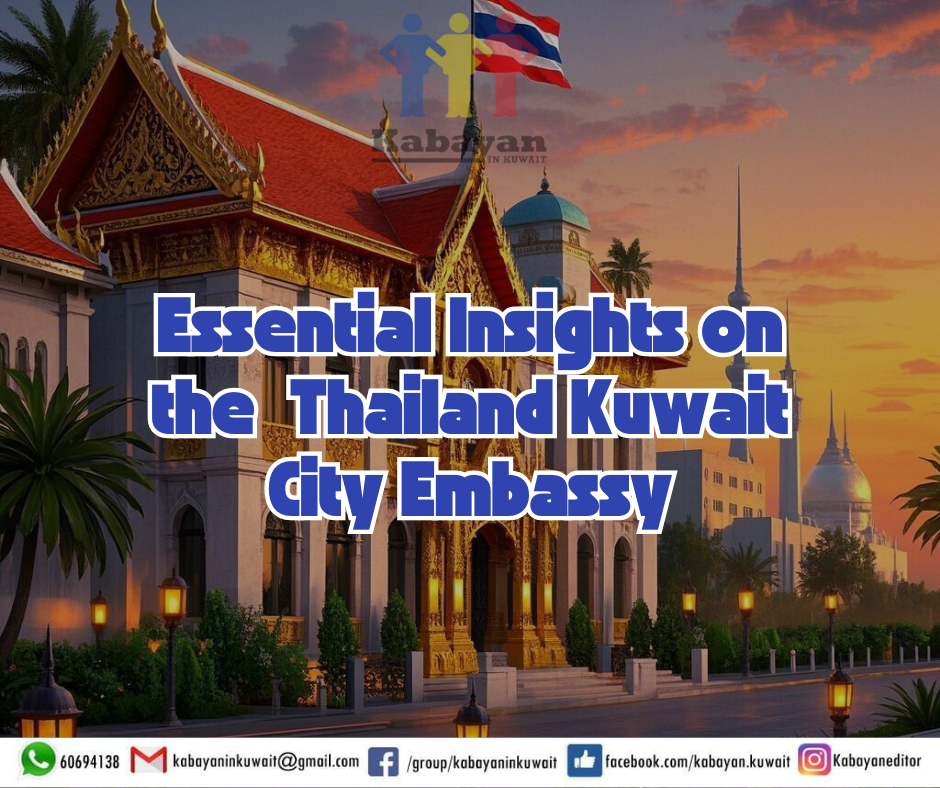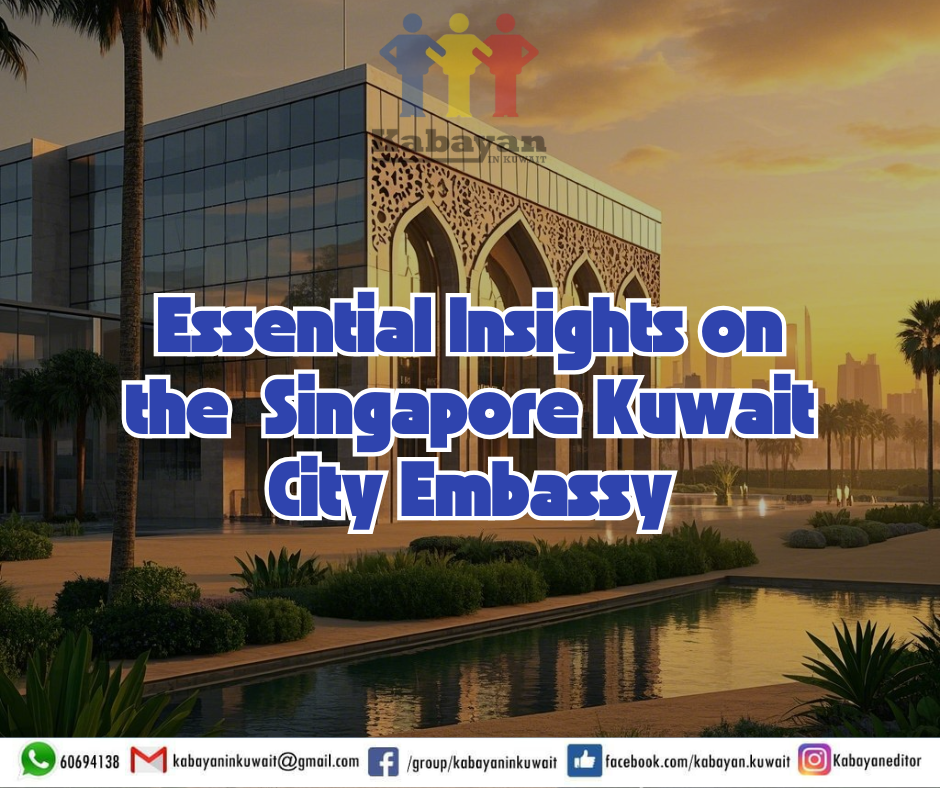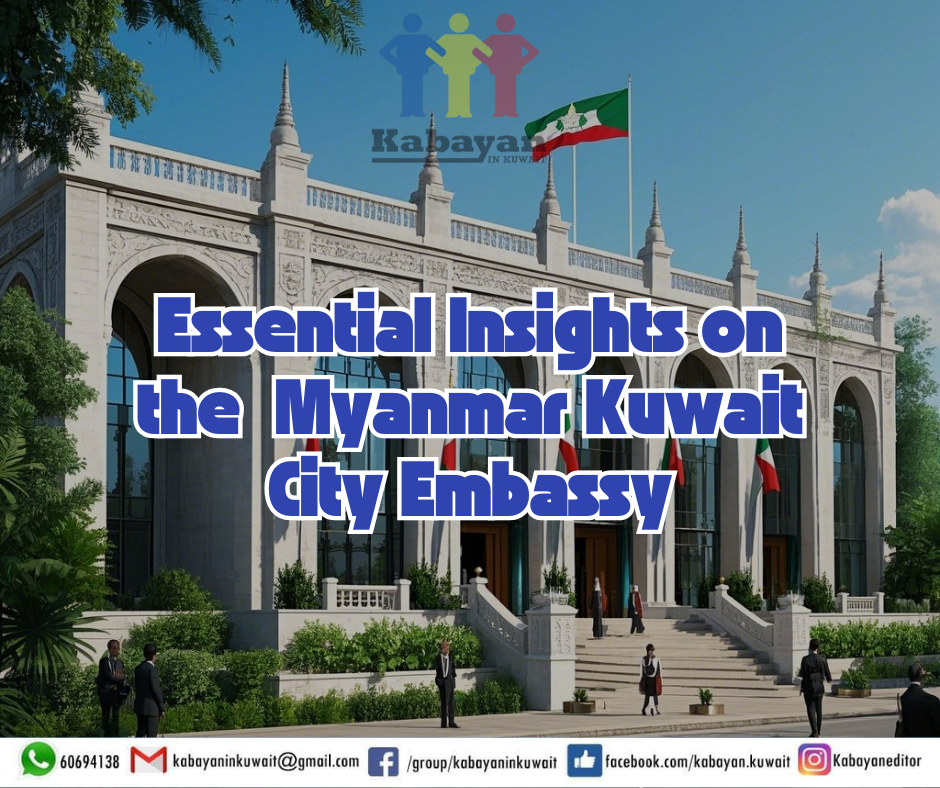The forthcoming summit of the Gulf Cooperation Council (GCC) due in Doha on Tuesday is of special significance, given its timing, on-table dossiers, and swiftly evolving regional and international developments.
The 44th edition of the GCC summit, or Doha 44, comes at a time when the Middle East region is undergoing a critical time due to the Israeli occupation’s aggression on the Gaza Strip since October 7.
Since then, at least 15,000 Palestinians, mostly women and children, have been martyred and more than 36,000 others injured, not to mention thousands of missing children and women from different cities and areas in the Palestinian territory.
In response to the ongoing atrocities in occupied Palestinian territories, regional and international parties in general and Qatar in particular have been doing their utmost to halt the Israeli occupation’s aggression on the enclave.
These efforts have produced a temporary humanitarian pause and the release of a number of prisoners from both Palestinian and Israeli occupation sides.
In the meantime, the Gulf countries are stepping up endeavors to address regional and international challenges, promote peace, ensure regional stability, help the population of the Gaza Strip, shore up permanent ceasefire efforts, and push forward a sustainable solution for the Palestinian cause, primarily based on the two-state approach.
“Doha 44” is the first Gulf summit to be held outside Saudi Arabia in five years as Riyadh hosted the last five ordinary GCC gatherings following an amendment that allows the kingdom, the country that hosts the Gulf bloc’s headquarters, to host the gathering.
It will be the seventh time for Qatar to play host to the Gulf Summit following the gatherings of 1983, 1990, 1996, 2002, 2007 and 2014.
The Gulf leaders are expected to mainly look into how to stop the Israeli occupation aggression on the Palestinian territory and to ensure a fair settlement to the Palestinian cause, including an independent Palestinian state on the 1967 border with East Jerusalem being its capital.
The agenda of the Doha gathering also covers the necessity of completing the Gulf customs union before the end of 2024, as recommended during the 43rd summit in the Saudi capital.
In this context, officials met in Muscat in October and adopted a set of laws and resolutions aiming at promoting economic integration in the Gulf region, leading up to economic unity by 2025.
This came in response to the Gulf leaders’ directives aiming at promoting the region’s economic environment and ensuring economic stability.
The planned Gulf customs union and joint market are chiefly based on single customs duties, a uniform customs legal system, and single customs, financial, and administrative procedures pertinent to importing, exporting, and re-exporting.
Also among the significant subjects to be considered during the event is a joint Gulf railway project that was approved in 2003 when the leaders had asked the bloc’s transportation committee to conduct a relevant feasibility study.
The project will link the UAE, Saudi Arabia, and Oman together in the first phase, while the second one will include Bahrain, Saudi Arabia, and Kuwait.
During the Middle East Rail Conference held in Abu Dhabi on May 16, 2023, GCC Secretary-General Jassem Al-Budaiwi reaffirmed that the six GCC member states were going ahead with efforts to complete the railway project.
He spoke highly of the project as being a significant step towards joint integration in the Gulf region.
Furthermore, the tourist visa issue is also expected to be on the agenda of the gathering as part of the Gulf tourist visa strategy for 2023-2030.
The strategy is meant to boost the number of incoming flights into Gulf countries on an annual basis and promote tourism in the region.
The GCC summit in Doha is an important event that brings together the leaders of the Gulf countries to discuss and address critical regional and international challenges.
With the ongoing Israeli occupation aggression on the Gaza Strip, the summit provides an opportunity for these countries to strategize and find ways to stop the violence and ensure a fair settlement for the Palestinian cause.
Additionally, the completion of the Gulf customs union and the joint railway project are crucial steps towards economic integration and unity in the region.
These initiatives aim to promote economic stability and create a favorable environment for trade and investment.
Furthermore, the inclusion of the tourist visa issue in the summit’s agenda highlights the importance of tourism as a means to boost the Gulf countries’ economies and attract visitors from around the world.
The Gulf Cooperation Council summit in Doha is not only a platform for discussions and decision-making but also a symbol of unity and cooperation among the Gulf countries.
By addressing pressing issues and working towards common goals, these countries are taking proactive steps to ensure regional stability and promote peace in the Middle East.
Source: TimesKuwait







